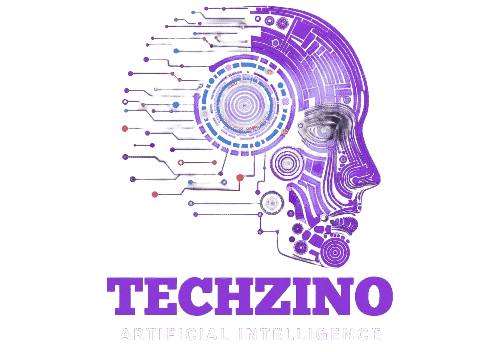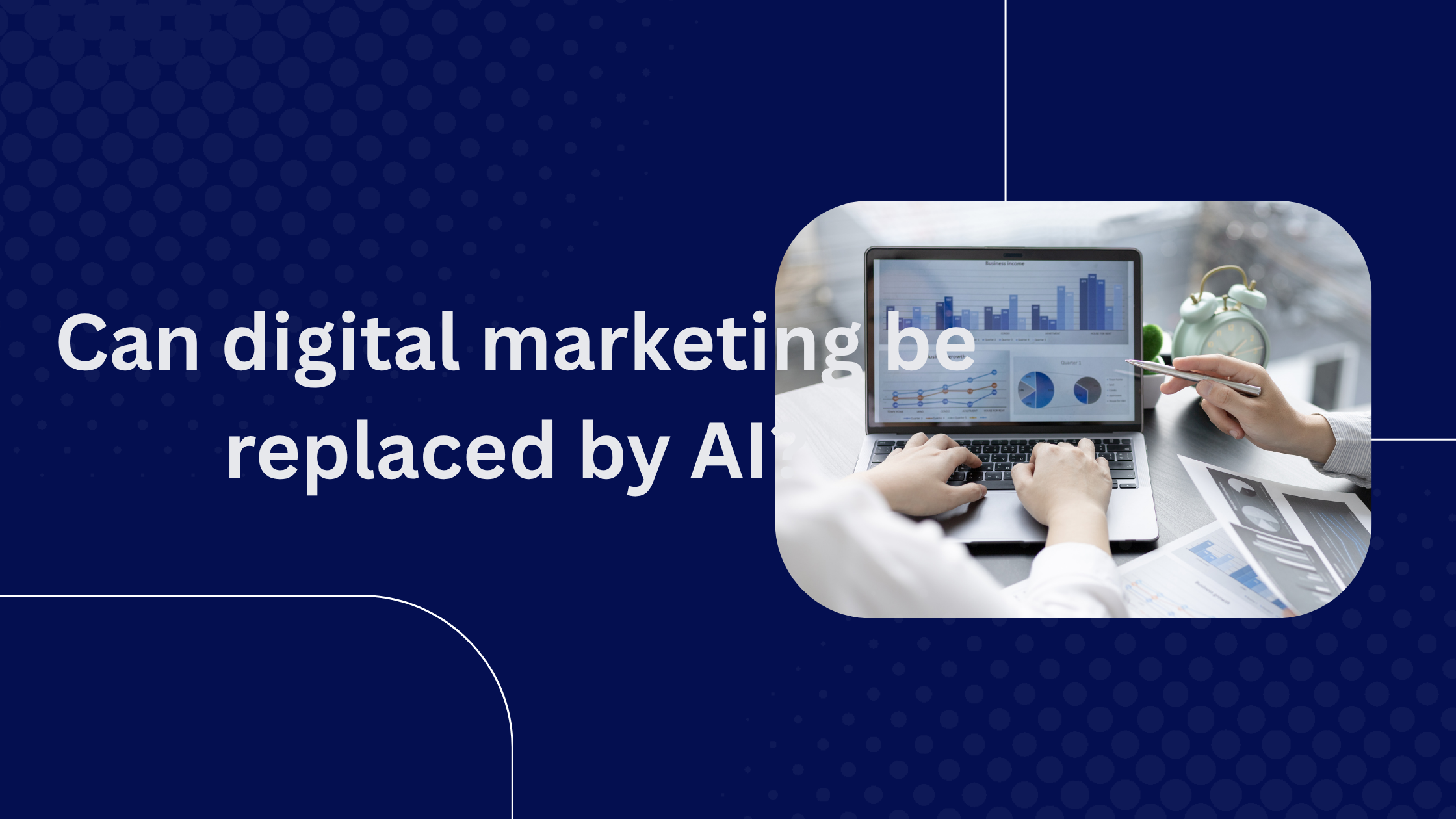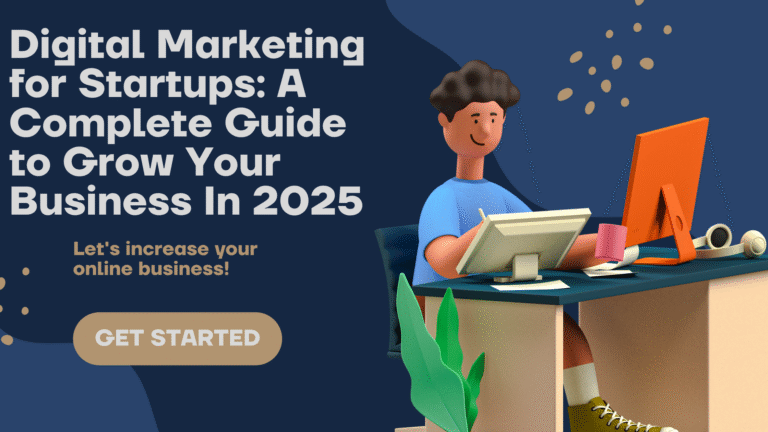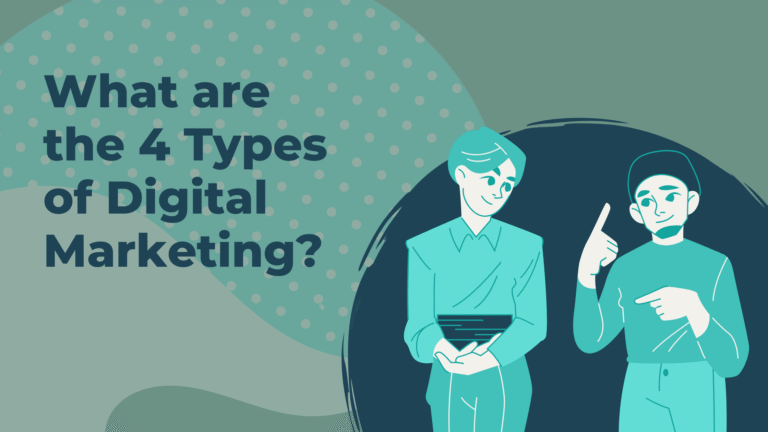Can digital marketing be replaced by AI? by Garvit
In the sometimes digital landscape to be developed, the rise of Artificial Intelligence (AI) has revolutionized almost every industry-and digital marketing is no exception. AI-operated equipment are now able to automate tasks, analyze large amounts of data, personalize materials and even predict consumer behavior. With such rapid progress, an essential question arises: can digital marketing be completely replaced by AI?
To find out this question, we need to understand what is involved in digital marketing, how AI is integrated into it, and whether human creativity and strategic thinking can actually be automated.
Table of Contents
Understanding digital marketing
Digital marketing is the use of online platforms, channels and technologies to promote products, services or brands. This includes a wide range of activities such as:
- Material construction and marketing
- Search engine adaptation (SEO)
- social media Marketing
- Email campaign
- Pay-per-click advertisement (PPC)
- Impressive marketing
- Analytics and strategy plan
While many of these tasks include data and repetitive actions – perfect for automation – others rely very much on human creativity, sympathy and strategic thinking.
AI in digital marketing: what can it do
AI has already changed digital marketing in many major areas:
1. Data analysis and insight
AI Excel in processing large dataset. it:
- Track customer behavior
- Produce future functions using machine learning algorithms
- Help the segment audience more accurately
- Create performance reports in real time
2. Personalized Customer Experiences
With AI, businesses can:
- Deliver personalized ads based on user behavior
- Recommend products (like Netflix or Amazon does)
- Tailor email content based on individual preferences
3. Chatbots and Customer Support
AI-powered chatbots can:
- Handle thousands of customer queries 24/7
- Provide instant answers and assistance
- Reduce the need for human agents in basic customer service
4. Content Generation
AI tools like ChatGPT and Jasper can:
- Write ad copy, product descriptions, and emails
- Generate blog posts and social media captions
- Create SEO-optimized content in seconds
What AI Can’t Replace in Digital Marketing
Despite its strengths, AI still has significant limitations in areas that require emotional intelligence, human judgment, and original creativity. Let’s explore these limitations:
1. Creative Strategy and Branding
- While AI can help generate ideas, it cannot:
- Understand cultural nuances deeply
- Build a brand personality that resonates on an emotional level
- Create truly original visual or storytelling concepts
2. Emotional and Social Intelligence
Human marketers can:
- Empathize with the target audience
- Respond to trends and events with sensitivity
- Build relationships and communities through storytelling
3. Ethics and Judgment
AI lacks ethical reasoning. For example:
- It might generate biased or inappropriate content
- It could misinterpret user data, violating privacy norms
- It doesn’t understand the broader societal implications of a campaign
4. Strategic Decision-Making
AI can analyze data and suggest actions, but:
- It cannot define the “why” behind a campaign
- It lacks long-term vision and brand mission understanding
- It can’t navigate complex business goals, stakeholder input, or creative constraints
The Role of AI in the Future of Digital Marketing
1. AI as a Powerful Assistant
- AI will handle repetitive and data-heavy tasks
- Marketers will use AI tools for faster research, analysis, and content drafting
- Human time will be freed for strategy, storytelling, and relationship building
2. Hybrid Marketing Teams
- Future marketing teams will consist of both human marketers and AI tools
- Marketers will need to understand how to train, supervise, and use AI effectively
- AI literacy will become a crucial skill
3. New Roles and Skills
Roles like AI marketing specialist, AI content trainer, and machine learning analyst will emerge Roles like AI marketing specialist, AI content trainer, and machine learning
Case Studies: AI and Human Collaboration in Marketing
1. Coca-Cola
Coca-Cola uses AI to analyze social media conversations and trends. However, the final brand storytelling, visuals, and campaign strategy are crafted by human teams, blending data with creativity.
2. Netflix
Netflix’s recommendation engine is powered by AI, helping users discover shows. But the platform still relies on human-led marketing campaigns, trailers, and personalized emails.
3. Spotify Wrapped
Each year, Spotify uses AI to gather listening data but relies on human teams to turn it into a fun, emotional, and viral campaign that people love sharing.
These examples show that AI amplifies human creativity — it doesn’t replace it.
Conclusion: Collaboration, Not Replacement
So, can digital marketing be replaced by AI?
The answer is no — at least not entirely.
AI is an incredibly powerful tool that enhances efficiency, personalization, and insight generation. However, human marketers remain irreplaceable when it comes to emotional connection, strategic vision, ethical decision-making, and creative storytelling.
The future of digital marketing lies in collaboration between humans and AI — where machines handle the data, and humans lead the story.
As AI continues to evolve, marketers must also evolve — not by competing with machines, but by mastering the art of being more human.




